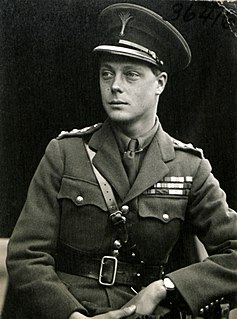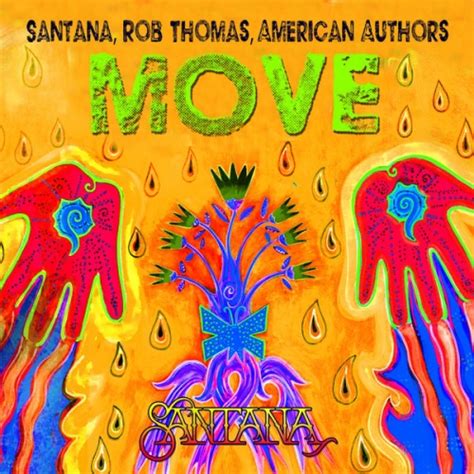A Quote by Italo Calvino
Your first book is the only one that matters. Perhaps a writer should write only that one. That is the one moment when you make the big leap; the opportunity to express yourself is offered that once, and you untie the knot within you then or never again.
Related Quotes
To gain your heart's desire you have to lose some part of your old life, your old self. To do that you have to have courage; without it, you can't make the leap. And if you don't make the leap you have only three choices: You can hate yourself for not taking the chance, you can hate the person from whom you've sacrificed your happiness, or you can hate the one who offered you happiness, and blame them for your lack of courage, convince yourself it wasn't real.
What I do usually is read the book first, for pleasure, to see if my brain starts connecting with it, as a movie. And then, if I say yes, I read it again, only this time I take a pen and, inside the book, I say, "Okay, this is a scene. I don't need this. I'm going to try this. I'm not going to take this." And then, I use that book like a bible and each chapter heading, I write a menu of what's in that chapter, in case I ever need to reference it. And then, I start to outline and write it. I get in there and it starts to evolve, based on having re-read it again.
Whenever I hear a man or women express hatred for any race, I wonder just what it is in themselves they hate so much. You can always be sure of this: You cannot express hatred for anything or anybody unless you make use of the supply of hatred within yourself. The only hatred you can express is your own personal possession. To hate is to be enslaved by evil.
Think of a book special to you, and how much bleaker and poorer your life would be if that one writer had not existed - if that one writer had not, a hundred times or a thousand, made the choice to write. You're going to be that one writer one day for somebody you may never meet. Nobody can write that book you're going to write - that book that will light up and change up a life - but you.
I'm a relatively disciplined writer who composes the whole book before beginning to execute and write it. Of course, you can't hold - you cannot imagine a whole novel before you write it; there are limits to human memory and imagination. Lots of things come to your mind as you write a book, but again, I make a plan, chapter, know the plot.
































